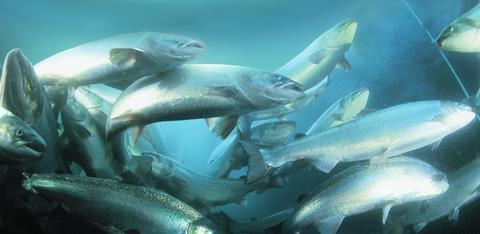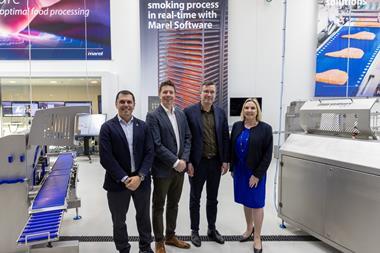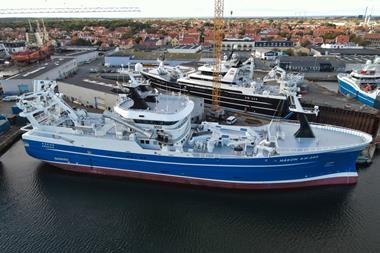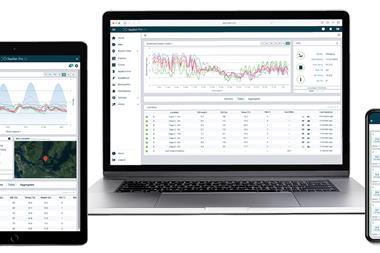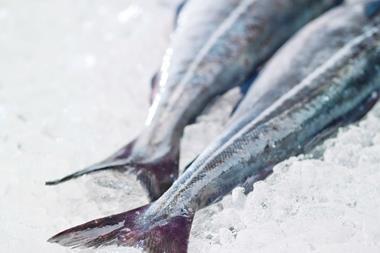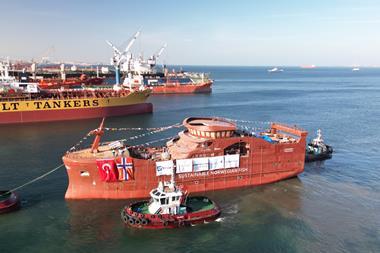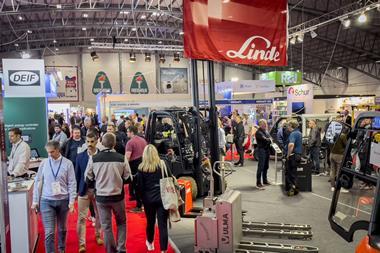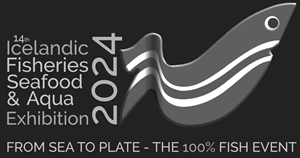A new legal framework designed to shape the development of Iceland’s fast-growing salmon farming industry has been proposed by Food, Fisheries and Agriculture Minister Svandís Svavarsdóttir. Within the draft strategy are proposals for producers to pay for the utilisation of natural resources and for there to be just one operator permitted in each fjord.
“Taking fees from the sector must reflect that it is a matter of using limited resources,” Svavarsdóttir said. “It is fundamental that those who profit from the use of the country’s natural resources pay a fair price for it. But it is equally important that we set ourselves ambitious, measurable, goals in environmental matters and set a timetable on the way to those goals.”
Extending to 2040 and comprising an action plan to 2028, the strategy places emphasis on the control, monitoring and research of aquaculture production in order that it meets the most stringent requirements, and to prevent the industry from having a negative impact on the environment.
It proposes licence holders pay a fair fee for the use of shared resources that generate income that, amongst other things, support the administration, research and monitoring of the issue and the necessary infrastructure development. A division of the fee between the state and municipalities is also proposed to ensure local authorities can finance the necessary development of infrastructure and services created by the growth of the sector.
With permits already issued for around 103,000 tonnes of production, the proposal states there will be no new licences assigned in the Austfjord and Westfjords by the minister until 2028. It also advises that the restructuring of farming licenses in both these areas will be completed by 2028, and that only one operator will be permitted in each fjord or sea area.
Salmon farming has become the main driver of the country’s aquaculture growth in recent years. Total production reached 43,000 tonnes in 2022 and is expected to exceed 60,000 tonnes this year.
Svavarsdóttir’s new proposal also confirms that in 2022, the export value generated by Icelandic aquaculture reached almost ISK 49 billion, with farmed salmon the mainstay of the industry. In 2013, this figure was just ISK 5 billion.
According to analysis carried out for the Ministry by the Boston Consulting Group, the potential production value of Icelandic salmon farming in 2032 is estimated at between ISK 140 and 430 billion.
The Icelandic Fisheries Exhibition (Icefish) will be held in Iceland, 18-20 September 2024. With an added focus on processing, value added, fish by-products and the growing aquaculture market, it provides the perfect meeting place in an ideal location for industry experts in the commercial fishing and aquaculture sectors.
